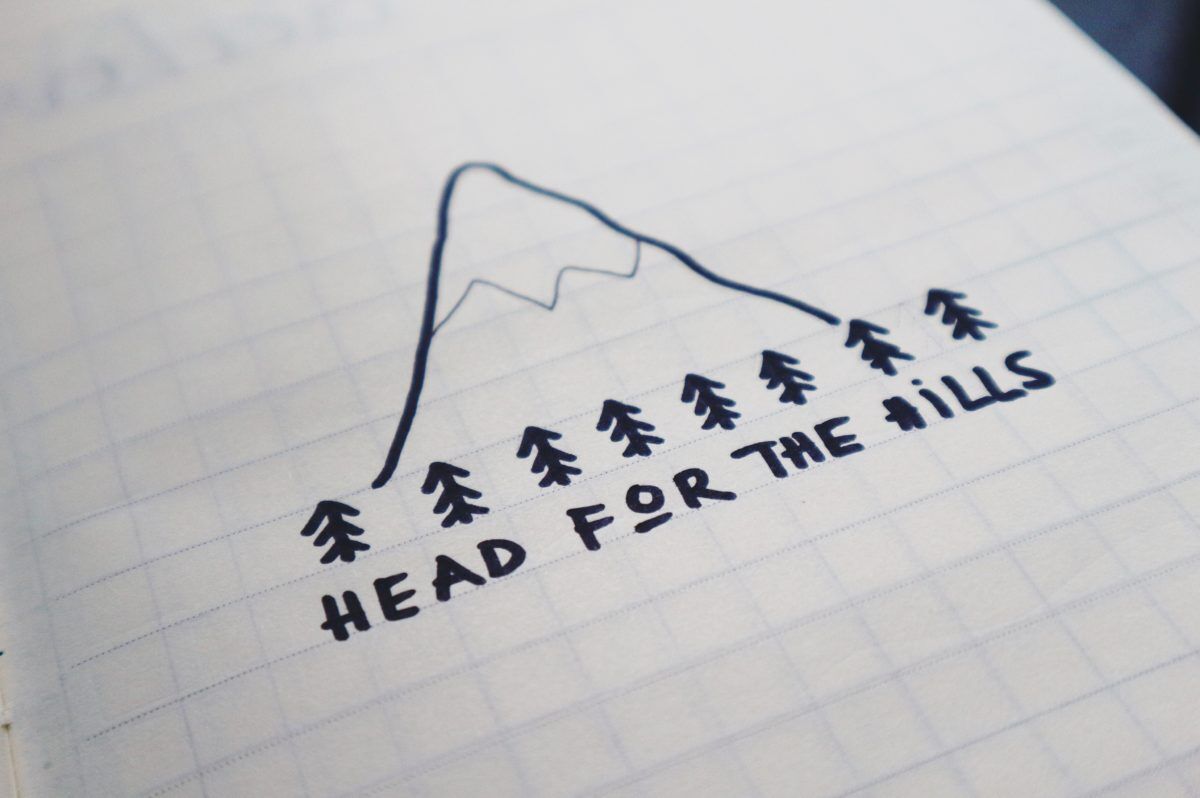Does taking time off sound for you like
- a luxury
- an unreachable ideal
- a sign of poor work ethic
- irresponsible act from your career point of view
- a waste of time?
In our 24/7 always on, super busy life we struggle very often to justify taking time off. We tend to work more and more, in some sectors a 60-hour week became the norm and most of us are slaves to our e-mails, phones and computers.
Whatever your preferred answer has been to the initial question, taking time off is essential not only for our mental and physical health but even for our professional development. Research shows that we work harder, perform better and have greater health and enthusiasm when we allow ourselves to take time off.
We might intuitively sense that in our personal life we would have more benefits: work life balance, relaxation, marital satisfaction and health – but it is even true in our professional context. And not only to avoid burnout.
First of all, it helps with being more creative, more excited and enthusiastic about what you do. Many of us tend to specialize in our own field and fail to explore new areas or diversify our interests. As taking time off is also linked to regularly disengaging from your daily activity, it provides you with an opportunity to getting out of your “box” and explore new avenues in our thinking and also having new experiences. Research shows that being exposed to new and different experiences actually boosts your creativity. It is also proven that positive emotions – what we feel on a relaxing, playful vacation – make us more inventive and able to think outside of the box.
You might tend to accept the idea more easily in your personal life, but what about your professional life?
What if you could even create the right environment around it at the work place?
A few years ago, a leading management company did an experiment to prove how taking time off benefits a company – and got excellent results.
They designed the experiment very carefully: imposed a strict mechanism for taking time off, encouraging lots of talk about what is working and what is not, so participants could reflect on the process and could communicate very openly about it. They promoted experimentation with different ways of working and assured the vital top-level support.
The results showed that they can meet the highest standards of service while having planned, uninterrupted time off. People who participated in the experiment reported higher job satisfaction, greater likelihood that they could imagine a long-term career at the firm, and a higher satisfaction of work-life balance. It also promoted learning and development, open communication and value delivery.
Although it looks counterintuitive at first, but if you think more deeply, it makes absolute sense.
If you have less time to deliver the same result, you need to ask questions like:
- How can we work smarter?
- How can we work together more often?
- How can we make sure that we deliver without sacrificing work-life balance?
You need to have these conversations more frequently, which in the end creates efficiencies and more satisfaction on both client and provider side. This practice in itself puts a greater emphasis on how work was being done than on what work was being done. As an executive coach I very often hear from my clients that they spend most of their time “in the weeds,” instead of using their precious time for strategic thinking. These conversations help a lot with how to avoid that tendency.
The ensuing open dialogue also sparks very valuable discussions about priorities, expectations, and problems people are facing, which also creates greater engagement, less working in silos, and less stress eventually. It leads to more open communication, increased learning and development and a better product delivery to the client. Team members learn about each other in more holistic ways, and they also start to appreciate each other more as human beings as well as as business colleagues.
So, what are the best practices to design an experiment about taking time off in your work place?
- Impose a strict time-off mechanism.
- Build a dialogue into the process and check in frequently to reflect on:
- How are you feeling?
- How much value are you delivering to the client?
- How satisfied are you with your learning?
- Is your current operating model sustainable for you thorough the project?
- Encourage experimentation and capture the learnings.
- Insist on leadership support.
- Be an example as a leader.
_____________________________________________________________________________________________________________________
Are you courageous enough to take on the experiment?! Consult with Eva to create your own plan for more time off at your company.

